Voices for Change is a Columbia News series designed to open a conversation about the necessary work that the university must engage in to create a truly inclusive antiracist culture and community for all at Columbia. The series draws upon the wisdom and creativity of people who represent every facet of the institution, to build on initiatives that have been in place for years, and to put into motion changes that are expansive and sustained.
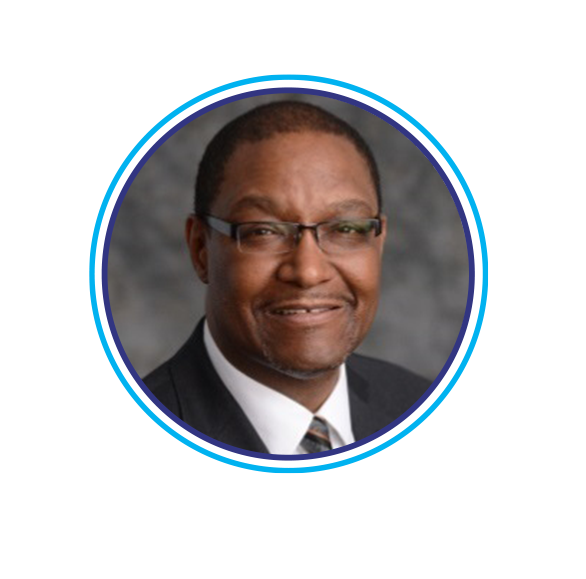
"As an institution, we have a responsibility to be part of this conversation and to move public opinion toward a more nuanced understanding of our nation’s history and its impact on the academy and on society."
— Dennis Mitchell, Vice Provost for Faculty Advancement
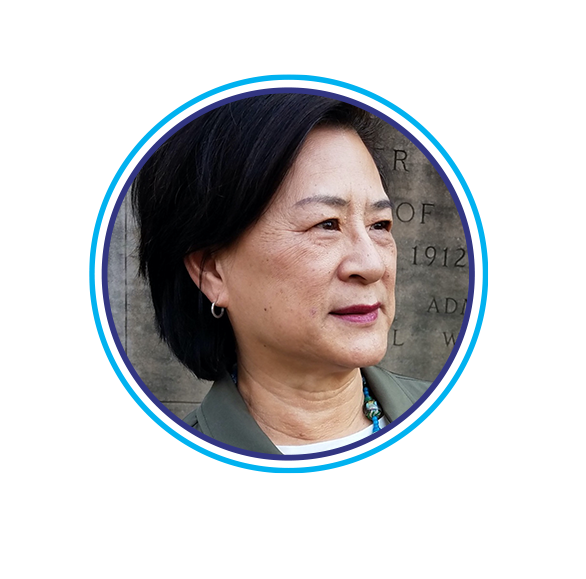
"A reckoning with the multiple racisms in the United States and the challenges of creating a truly diverse, just, and equitable university requires a greater commitment to resources and the complexities of race and racisms."
— Mae Ngai, Professor of Asian American Studies and History, and Co-Director, Center for the Study of Ethnicity and Race
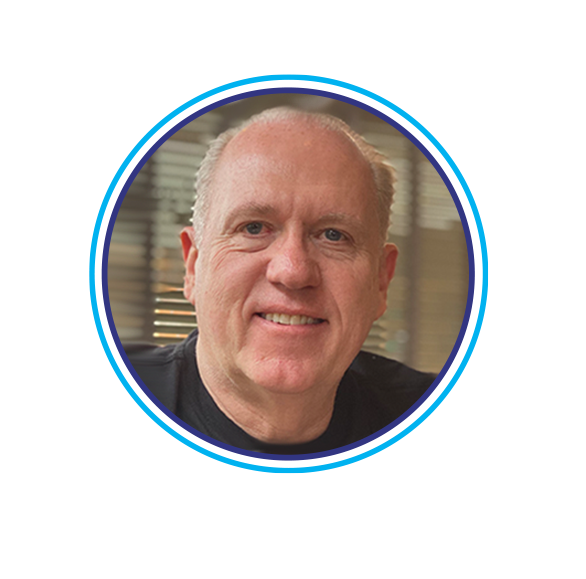
"Every 'crisis' should open the door to improvement, but day-to-day reality shows that people tend to 'manage crises' to be able to return to business as usual and they don't acknowledge that business as usual is the problem."
— Fulp P. Goudswaard, Commander 3rd Platoon, CUIMC Department of Public Safety
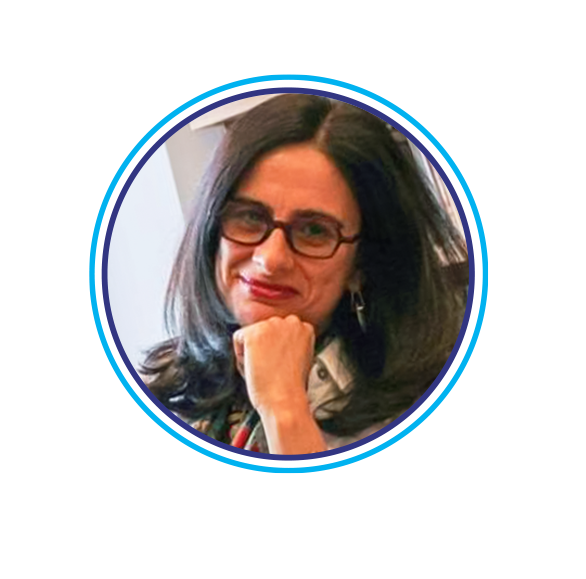
"Avoid burdening minority faculty with administration to guarantee 'diversity,' which makes faculty advancement harder if that administrative burden is not recognized at promotion."
— Maria Victoria Murillo, Professor of Political Science and International and Public Affairs, and Director of the Institute of Latin American Studies
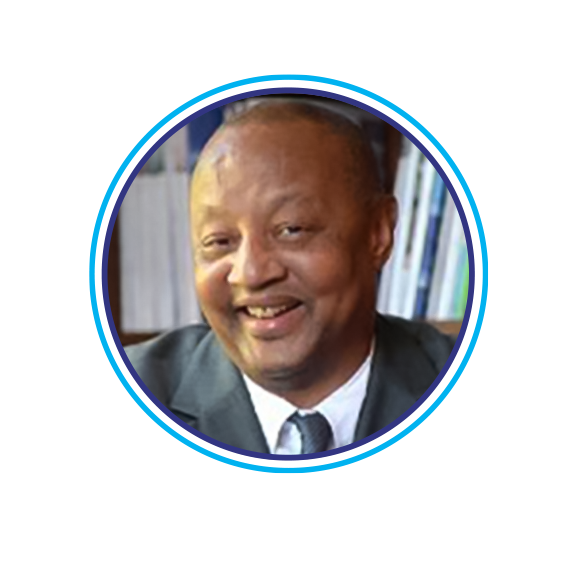
"It’s not just about having a voice; it's also about being able to use the university's intellectual capital to make change. That is my commitment at Columbia and in the community."
— Flores Forbes, Associate Vice President for Community Affairs, Office of Government and Community Affairs
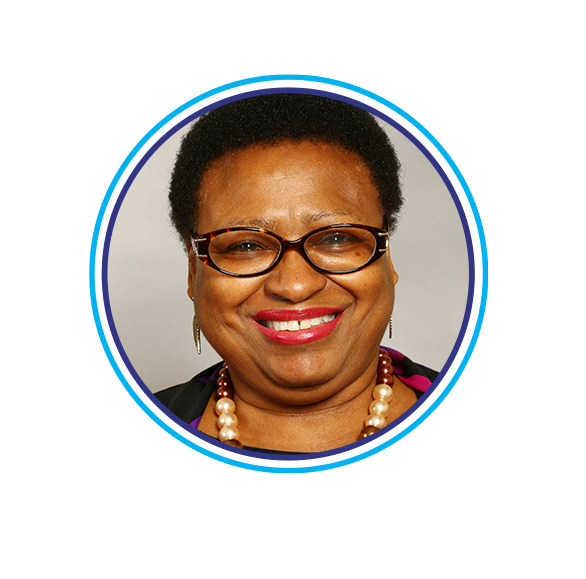
"Our challenge as a University is to push as many of our students, faculty, and staff to take on the principles and practices of cultural humility in order to stop the spread of racism."
— Vivian Taylor, Associate Dean for Diversity and Cultural Affairs, Columbia University School of Nursing
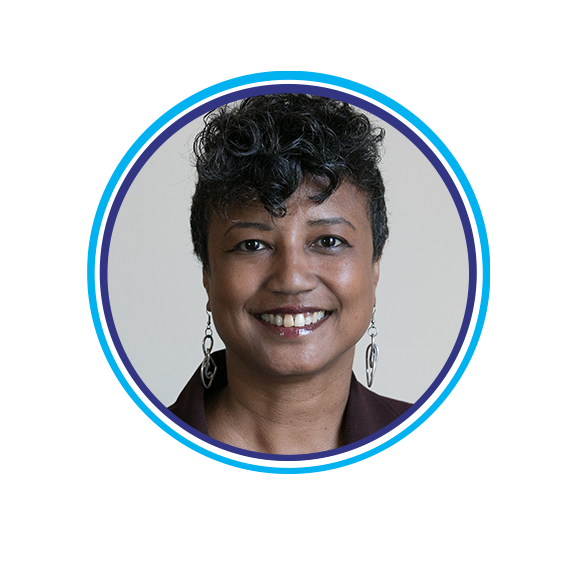
"I hope that we at Columbia will sustain our 'long-range vision for anti-racist work, including work challenging anti-Black racism' beyond this moment and beyond this task force."
— Celina Chatman Nelson, Associate Dean, Academic Diversity and Inclusion/Professional Development, GSAS
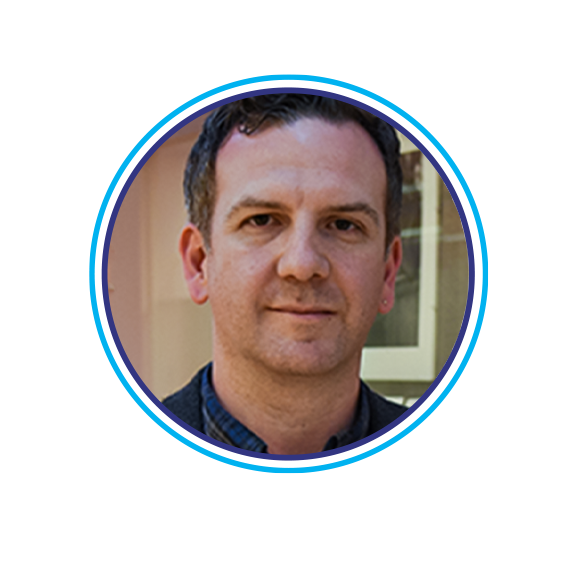
"Showing students how white-supremacist scholars misused the archives—through implicit biases, selective reading, erasure, and lies—pulls back the curtains on racist scholarship."
— Thai Jones, Herbert H. Lehman Curator for American History, Rare Book & Manuscript Library
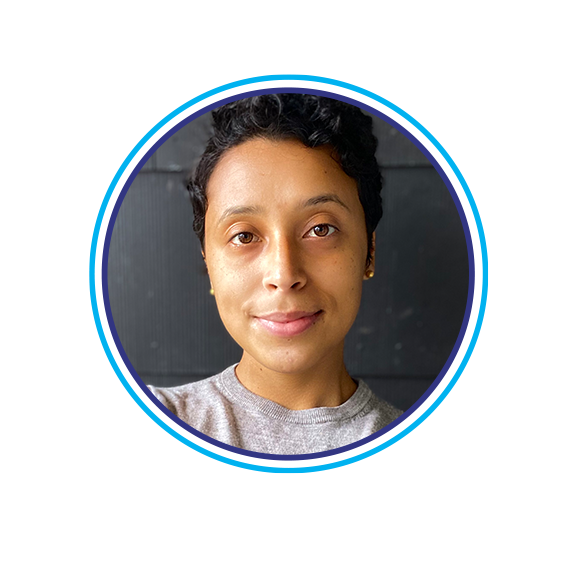
"I believe the number one obstacle to enacting antiracist practices and policies is the false narrative that antiracism work is done solely in service of the oppressed."
— Tatianna Echevarria, Assistant Director of Community Affairs, Office of Government and Community Affairs
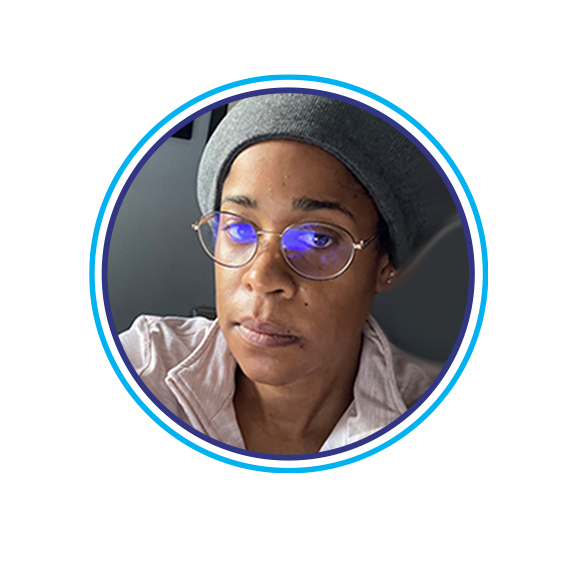
"By investing in programs to support the Upper Manhattan communities in which our campuses are located and enrich our student experiences by encouraging interaction between town and gown, Columbia will have a profound impact on the world."
— Kaaryn Nailor Simmons, Director, Columbia-Harlem Small Business Development Center, Columbia Business School
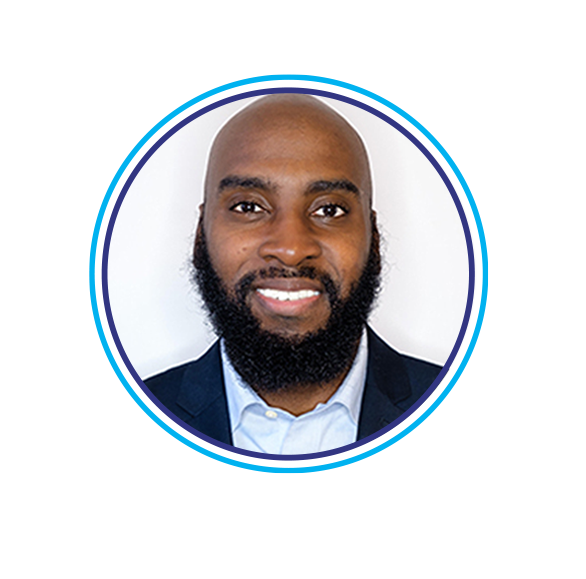
"I think the biggest challenge is the same challenge that is always present in diversity work: having a clear definition of what diversity is and what is the most honest representation of it. It’s not always clear if we’re only talking about diversity of race, gender, age, ability."
— Henry Danner, Director of Youth Initiatives, Office of Government and Community Affairs
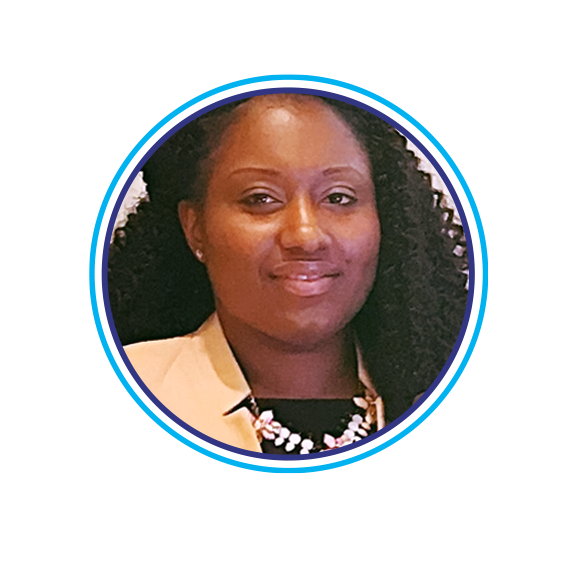
"CUIMC Human Resources department partners with Cope Columbia to host bold conversations with our community and our multiple employee resource groups at the medical center. These partnerships have fostered a safe space for these courageous discussions "
— Tonya Richards, Chief Diversity, Equity, and Inclusion Officer for Staff at CUIMC
